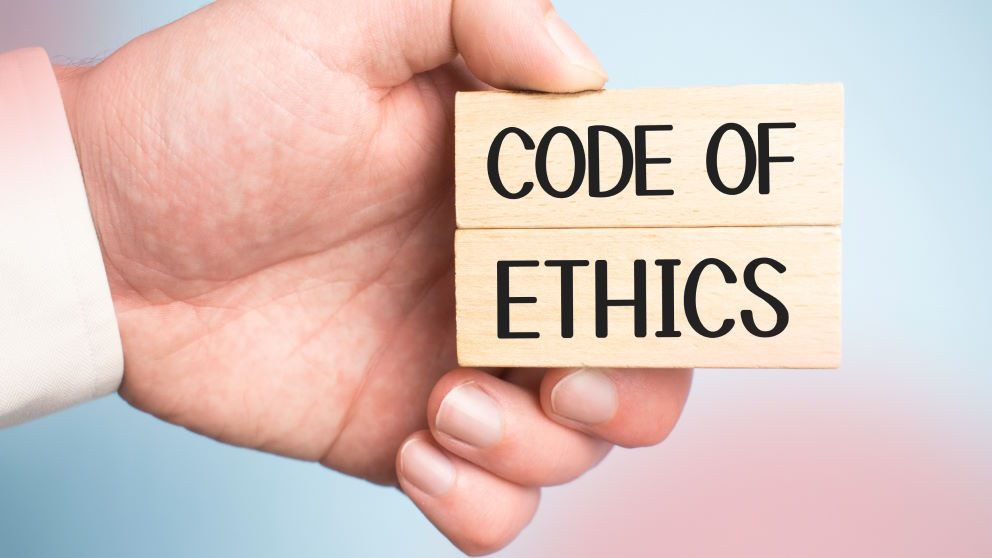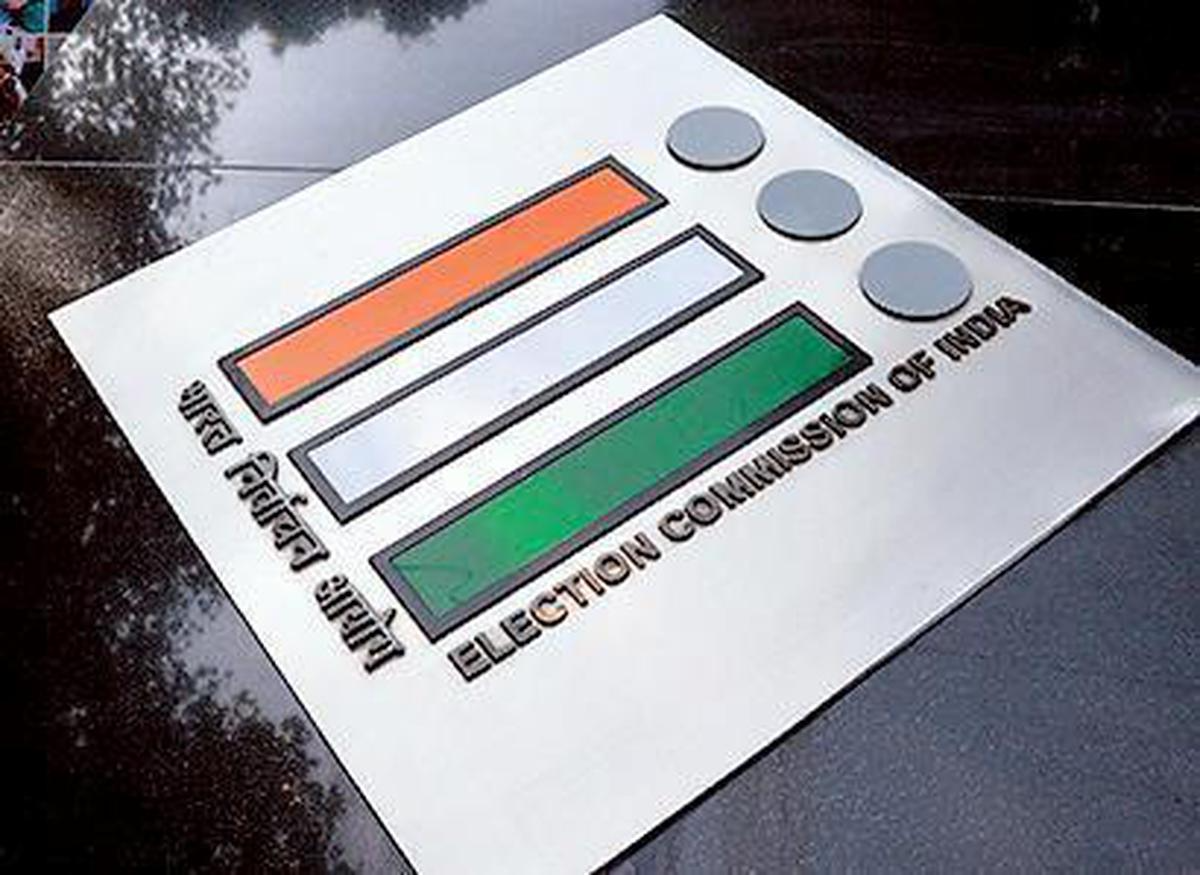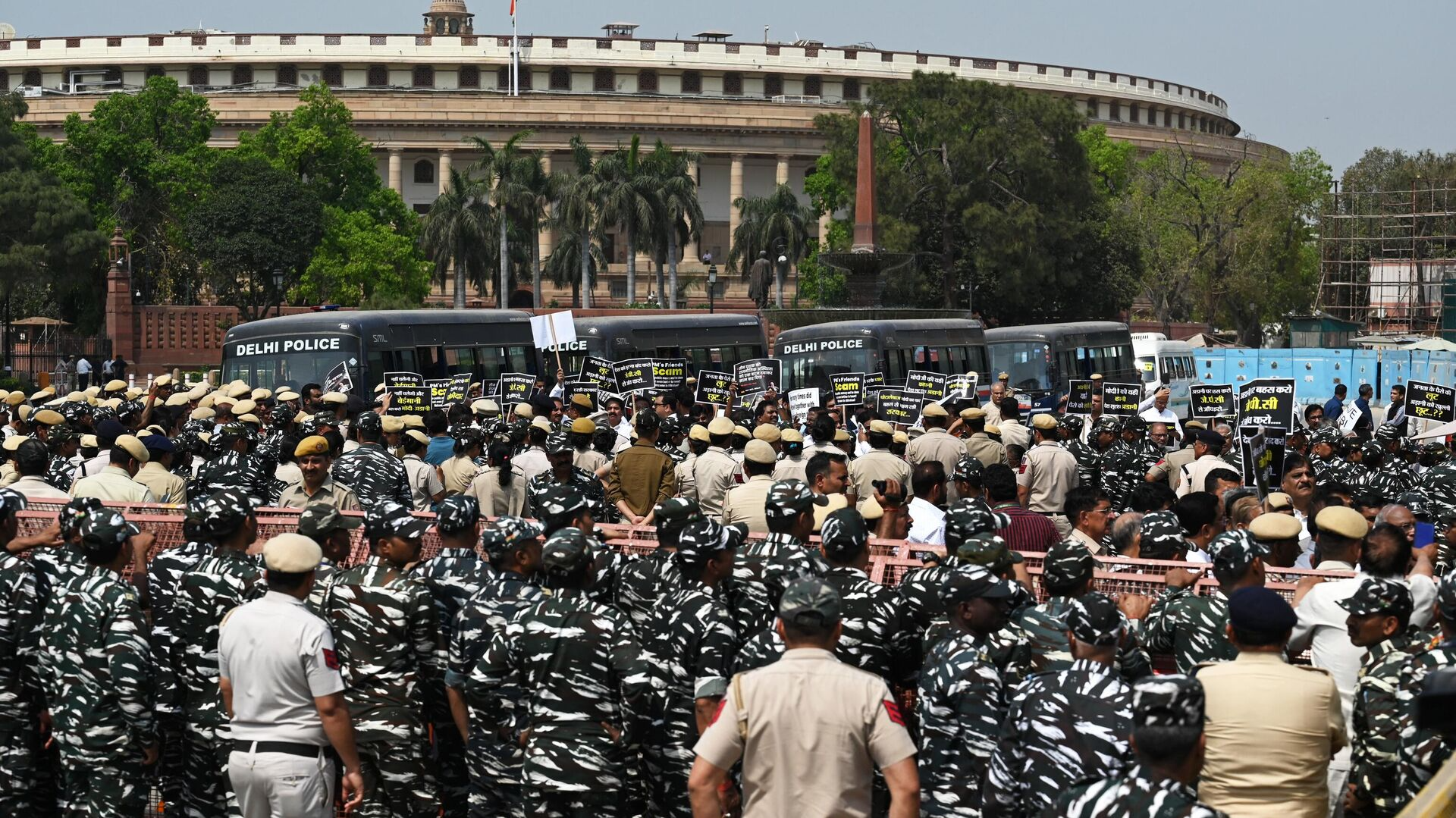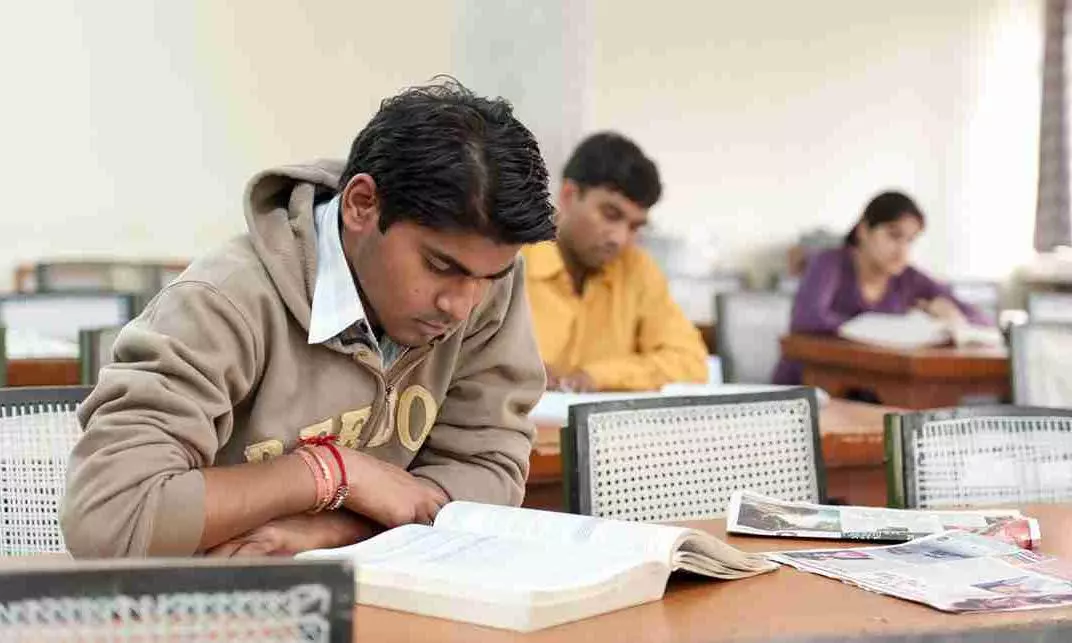Electoral Reforms Bill Tabled in Rajya Sabha
Posted On July 11, 2025
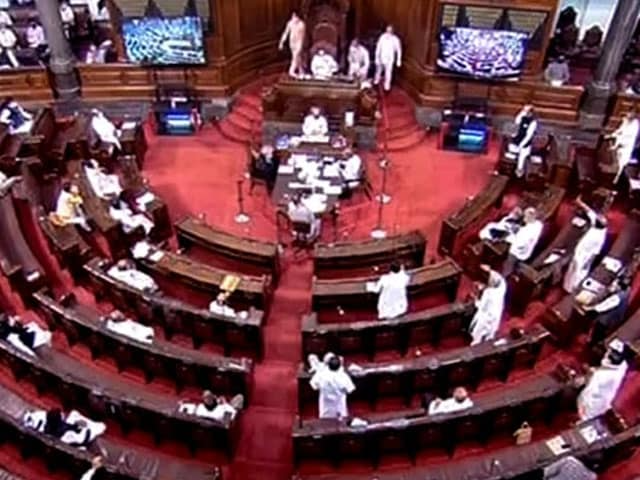
In a landmark development for Indian democracy, the Electoral Reforms (Transparency and Fair Elections) Bill, 2025 was officially tabled in the Rajya Sabha by Union Law Minister Kiren Rijiju on June 26, 2025. The bill, hailed as the most ambitious electoral overhaul since the introduction of electronic voting machines, aims to address critical gaps in campaign financing, voter data privacy, institutional independence, and transparency in party funding. It has been drafted after three years of consultations with electoral experts, political scientists, former Election Commissioners, and public interest groups.
One of the central features of the bill is the abolition of the controversial Electoral Bonds scheme, which critics argue enabled opaque corporate donations and reduced accountability. Instead, all political contributions above ₹2,000 will now be mandatorily declared on a real-time public disclosure portal managed by the Election Commission of India (ECI). This move is expected to drastically enhance the transparency of political funding and deter the misuse of shell entities and proxy donors. Additionally, the bill proposes a state-funding model for recognized national and state parties, under which funds for campaigning will be distributed based on past electoral performance, diversity in candidature, and clean record.
The bill also introduces a Digital Campaign Oversight Mechanism (DCOM) which aims to regulate political advertising and social media propaganda. All parties will be required to get political ads cleared by the ECI 15 days prior to elections. The bill also imposes restrictions on microtargeting ads based on religion, caste, or linguistic data, especially via platforms like WhatsApp, Instagram, and Facebook. To curb misinformation, a third-party independent Fact-Check Council will be constituted to monitor and label fake political content in collaboration with major tech companies.
Another major innovation proposed is the Voter Data Protection Charter, which mandates parties to seek consent before accessing or storing voter data. It includes penalties for unauthorized use of biometric data or phone numbers for electioneering. Alongside, the bill recommends mandatory audits of party expenditure, a cap on the number of campaign rallies per candidate per week, and eco-friendly guidelines for election materials to curb environmental degradation. To ensure inclusivity, the bill makes provisions for accessible polling for senior citizens and persons with disabilities, including home voting options and mobile polling units.
While the bill has been largely welcomed across party lines for its progressive intentions, some regional parties have expressed concerns about state funding eligibility thresholds being too high, possibly excluding newer or emerging parties. Civil liberties groups, too, are demanding greater judicial oversight over the DCOM, warning that digital campaign regulations must not infringe upon free speech rights. The ruling BJP has assured the Rajya Sabha that the bill includes grievance redressal mechanisms, legal safeguards, and a 12-month transition window for compliance.
If passed, the Electoral Reforms Bill 2025 could redefine Indian elections-making them more transparent, less polarizing, and more citizen-centric. It attempts to strike a balance between technological evolution and democratic ethics, between financial openness and operational feasibility. The success of this bill, however, will depend not just on its passage through Parliament, but on the will of all stakeholders to implement its spirit earnestly. In an era of rising public skepticism about political integrity, this bill might just be the institutional reform India has long waited for.
One of the central features of the bill is the abolition of the controversial Electoral Bonds scheme, which critics argue enabled opaque corporate donations and reduced accountability. Instead, all political contributions above ₹2,000 will now be mandatorily declared on a real-time public disclosure portal managed by the Election Commission of India (ECI). This move is expected to drastically enhance the transparency of political funding and deter the misuse of shell entities and proxy donors. Additionally, the bill proposes a state-funding model for recognized national and state parties, under which funds for campaigning will be distributed based on past electoral performance, diversity in candidature, and clean record.
The bill also introduces a Digital Campaign Oversight Mechanism (DCOM) which aims to regulate political advertising and social media propaganda. All parties will be required to get political ads cleared by the ECI 15 days prior to elections. The bill also imposes restrictions on microtargeting ads based on religion, caste, or linguistic data, especially via platforms like WhatsApp, Instagram, and Facebook. To curb misinformation, a third-party independent Fact-Check Council will be constituted to monitor and label fake political content in collaboration with major tech companies.
Another major innovation proposed is the Voter Data Protection Charter, which mandates parties to seek consent before accessing or storing voter data. It includes penalties for unauthorized use of biometric data or phone numbers for electioneering. Alongside, the bill recommends mandatory audits of party expenditure, a cap on the number of campaign rallies per candidate per week, and eco-friendly guidelines for election materials to curb environmental degradation. To ensure inclusivity, the bill makes provisions for accessible polling for senior citizens and persons with disabilities, including home voting options and mobile polling units.
While the bill has been largely welcomed across party lines for its progressive intentions, some regional parties have expressed concerns about state funding eligibility thresholds being too high, possibly excluding newer or emerging parties. Civil liberties groups, too, are demanding greater judicial oversight over the DCOM, warning that digital campaign regulations must not infringe upon free speech rights. The ruling BJP has assured the Rajya Sabha that the bill includes grievance redressal mechanisms, legal safeguards, and a 12-month transition window for compliance.
If passed, the Electoral Reforms Bill 2025 could redefine Indian elections-making them more transparent, less polarizing, and more citizen-centric. It attempts to strike a balance between technological evolution and democratic ethics, between financial openness and operational feasibility. The success of this bill, however, will depend not just on its passage through Parliament, but on the will of all stakeholders to implement its spirit earnestly. In an era of rising public skepticism about political integrity, this bill might just be the institutional reform India has long waited for.


